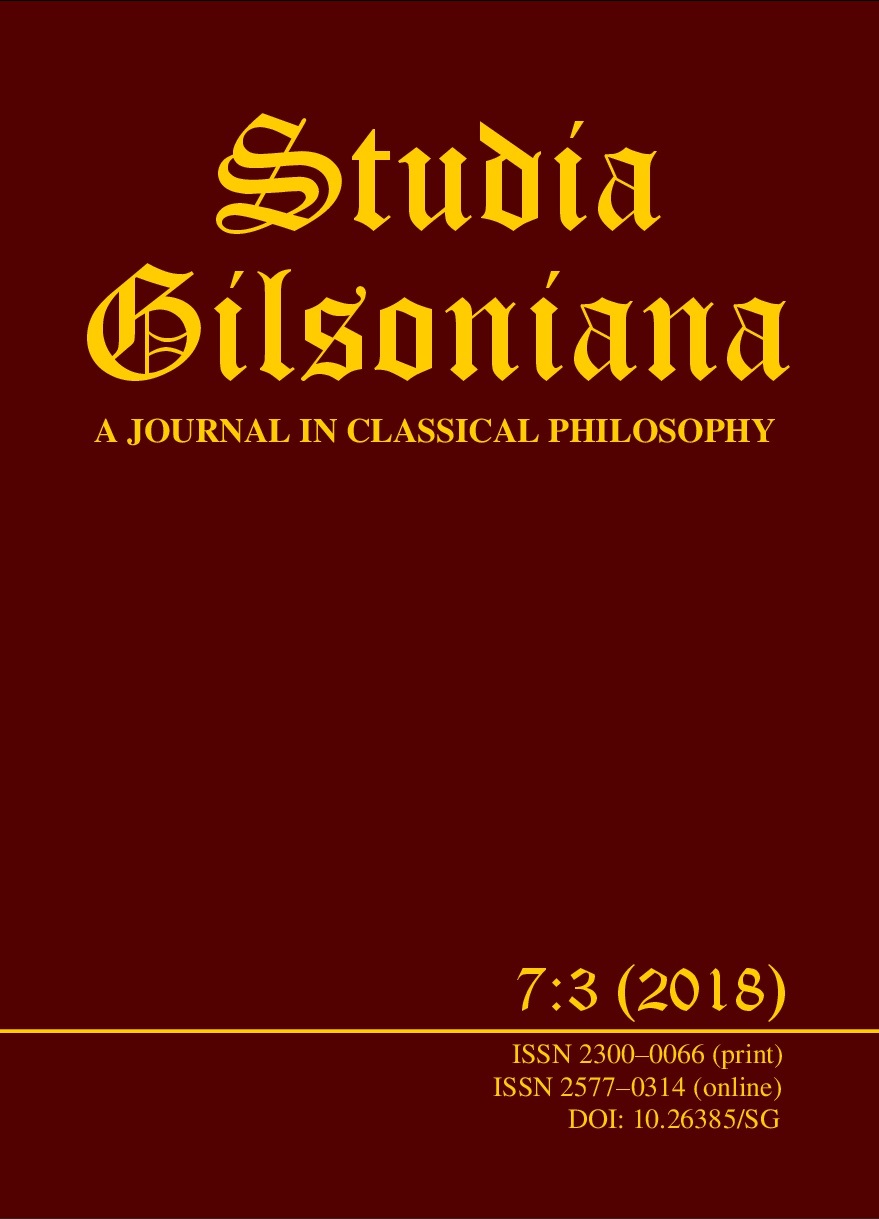Kantianism and Thomistic Personalism on the Human Person: Self-Legislator or Self-Determiner?
Kantianism and Thomistic Personalism on the Human Person: Self-Legislator or Self-Determiner?
Author(s): John F. X. KnasasSubject(s): History of Philosophy, Philosophical Traditions, Special Branches of Philosophy
Published by: International Étienne Gilson Society
Keywords: person; dignity; self-legislator; self-determiner; intellector of being; willer of the good; ethics; freedom; rationality; reason; will; Immanuel Kant; Thomas Aquinas; John Paul II; Karol Wojtyla;
Summary/Abstract: Inspired by a discussion about whether John Paul II grounded human dignity in a Kantian way, viz., emphasizing the person as an end unto itself, the author considers: (1) the relations between Kant and Aquinas on the topic of the philosophical basis of human dignity, and (2) John Paul II’s remarks on Kant’s ethics. He concludes that: (1) both Kant and Aquinas ground human dignity upon human freedom, but both understand the human freedom differently; (2) for Kant, human freedom is self-legislating and so exercised without rational direction; (3) the Thomistic notion of freedom is compatible with rational direction which consists, e.g., in the human understood as an intellector of being or as a willer of the good, though neither seem to be exploited by Wojtyla.
Journal: Studia Gilsoniana
- Issue Year: 7/2018
- Issue No: 3
- Page Range: 437-451
- Page Count: 15
- Language: English

